
Cars are undoubtedly rather expensive. You might do all the right things in terms of servicing and regular maintenance, but if you have bad habits on the road you could be wasting all that expenditure. Laziness and carelessness are not only dangerous behaviour behind the wheel, but lack of due attention could cause your car to wear out faster and make you into a hazard for other road users.
Of course, nobody is perfect, so here is our list of the 6 deadly sins. Each one appertains to some of the main parts in your vehicle and the behaviours that cause all the problems.
1. Brakes
Alright, we know what you’re thinking. Brakes are designed to be used under duress and will wear out over time. However, sudden and sharp use of these devices that retard your speed will mean that they could wear out rather quicker than stated in your owner’s manual. Consider the following:
- End the stop start motoring – of speeding up and slowing down when you are in a hurry to bust through heavy traffic.
- Sudden braking – sure you have to stop sometimes, but do you have to jam on the brakes when you can see an obstacle from over 200m away?
- Riding the brakes – lacking a little co-ordination? If you press the brake pedal and the accelerator whilst going down the hill, there’s possibly no faster way to wear out the pads or cause the drum or rotors to fail.
- Use the handbrake – when you are on a hill and you need to do a hill start. Even when you are performing this manoeuvre on city streets it will help you stop putting so much pressure on the regular brakes.
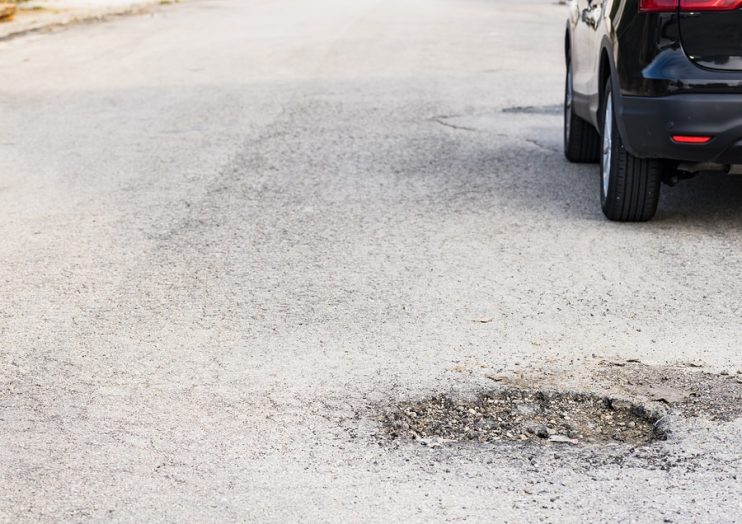
2. Steering and Suspension
Your ride quality is next up. Your car has systems that allow you to deal with bumps in the road and uneven surfaces, but this doesn’t mean you should abuse them by driving exactly where you please without thought for the long term health of your vehicle. Make sure you take into account the following factors:
- Check your weight – carrying too much in the car could put a strain on the suspension. It’s easy enough to check the level of your ride and you can see when the vehicle is straining. The same goes for towing trailers. Look at the recommendations to find out what type of weight your car can carry.
- Pot-holes and speedbumps – slow down then slow down some more. Going over these obstacles will not only upset your passengers, but will potentially cause damage to the underside of your vehicle.
- Erratic driving and bad cornering – face it, however much of a rush you might be in, you won’t get there any quicker. Speed is always dictated by the car in front, and the only thing that will go faster is the lifespan of your tyres and steering.
- Clipping kerbs – when cornering or mounting kerbs when getting out of the way of emergency vehicles can spell an early grave for your wheels and steering column. Avoid upsetting your car at all costs.
3. Engine and Transmission
This is the big one. Problems with the engine are likely to translate into problems with your wallet. Keep your car running well and your bank manager happy with the following advice:
- Gear shifting – take your time when going to reverse. Make sure the car is completely stationary to avoid that extra grind on the gears. You don’t have to shift the stick like you’re Colin McRae either.
- Resting your hand – on the gearstick. Believe it or not, in a manual transmission, this pressure can unwittingly strain the transmission system even when it’s not being engaged.
- Riding the clutch – is the fast way to ensure that your plates and pressure pads rapidly lose the ability to engage properly, allowing friction to eat away at the clutch.
- Revving the engine – stop giving it the big one and start giving your engine the time to heat up properly. Even though this practice may be tempting, especially in the winter months to warm up the engine, it can cause damage in the long run. Simply drive slowly at the beginning of your journey.
- Sudden acceleration – take your time at the lights and be aware of what’s going on at roundabouts. You do not have race around the city streets when the only prize is a bill for a new engine.
- Running on low – letting your fuel gauge get into the red is a bad move. It can lead to your fuel pump overheating plus all those little bits of sediment at the bottom of your tank are going to be visiting your engine.
- Get the turbo going – like the rest of your engine, the turbo needs a little time to get going. Give the turbo time to warm up and drive slower at the end of the journey to give it time to equally cool down.
- Driving with high revs – you have gears for a reason. Use them. Allowing the engine to go high on the revs will cause it to wear out faster.
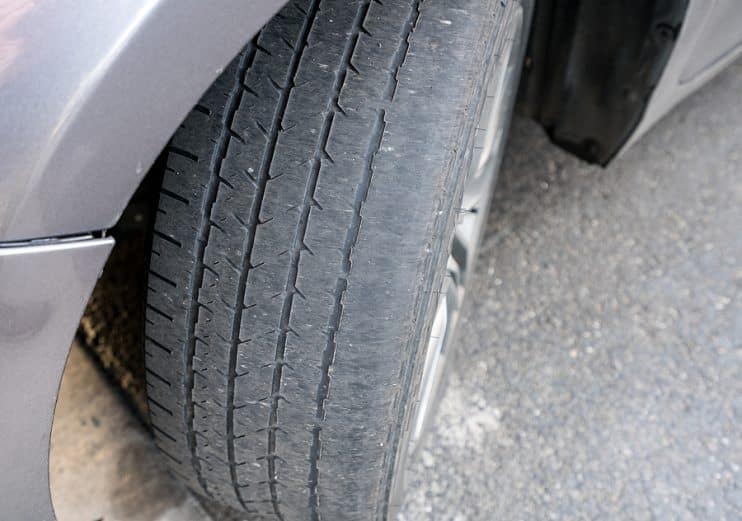
4. Tyres
The point where the rubber hits the road. Without proper care issues with your tyres can mean problems with fuel economy and bad handling, which could even lead to on the road issues and crashes.
- Keep your tyres – properly inflated. Otherwise you could experience bad fuel economy and your tyres will wear prematurely.
- Use different tyres – for different conditions. If you constantly have to travel through gravel or snow then you may need harder, tougher tyres.
- Parking too close – to the kerb and also mounting the kerb can take away the rubber on the side of your tyres.
- Rough riding – from hard cornering, sudden braking, fast starts and anything else you didn’t learn from your instructor could lead to the tyres needing an early replacement.
5. Body & Chassis
Your car’s body requires a little more inspection and attention to keep it from wearing out and aging. The key here is to get round the car and use your eyes to constantly be on the look-out for changes. Be wary of the following:
- Rust – you will want to tackle the erosion of your car’s metallic body before it starts to spread as it could be very costly to repair.
- Clean quickly – bird droppings are well known to possess acidic qualities that are known to have a detrimental impact on car paint.
- Water ingress – from not closing the windows completely or allowing leaves to clog up the plenum chamber.
- Stress on window wipers – which can stop the proper operation due to the motors not handling tough conditions such as snow or ice without de-icer on the windows.
- Pot holes and speed bumps – again these motoring on road problems can be more than a hassle if they damage the exhaust and underside of your vehicle.
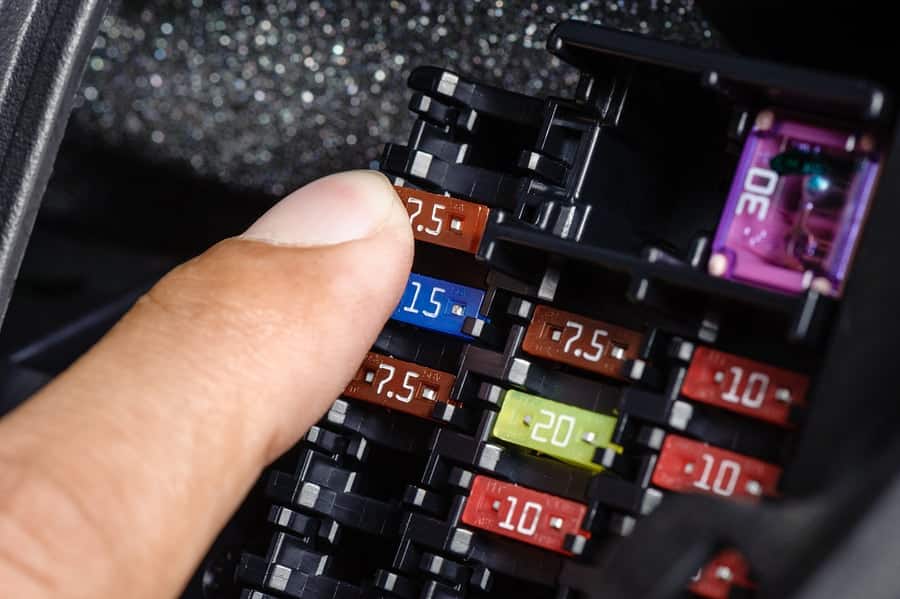
6. Electronics
The electronics in your car are prone to failure if you don’t get out there and use the vehicle. Constant charge is applied to the battery through the alternator when you are out on the road, keeping the battery topped up. Leaving cars dormant for too long means they won’t have any juice in the tank. Be aware of other factors too:
- Leaving electronics on – such as the stereo or the lights will rapidly deplete the energy on offer from the battery.
- Ignoring dash lights – and computer codes related to the car’s electronics will only ensure the inevitable pain of failure.
And Finally
Like smoking, bad driving habits are very hard to break especially when you have been slack for years. It’s the little behaviours that we forget are important that often end up costing us big cash over time. If one of your least favourite habits is putting your hand in your pocket and opening your purse or wallet, then maybe you want to consider putting in some effort to break your not-so-great motoring practices.

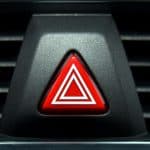




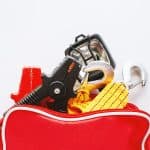

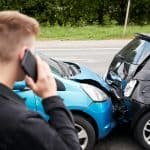


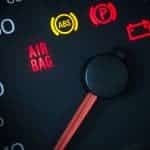
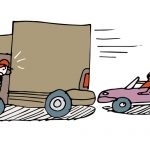
.png)